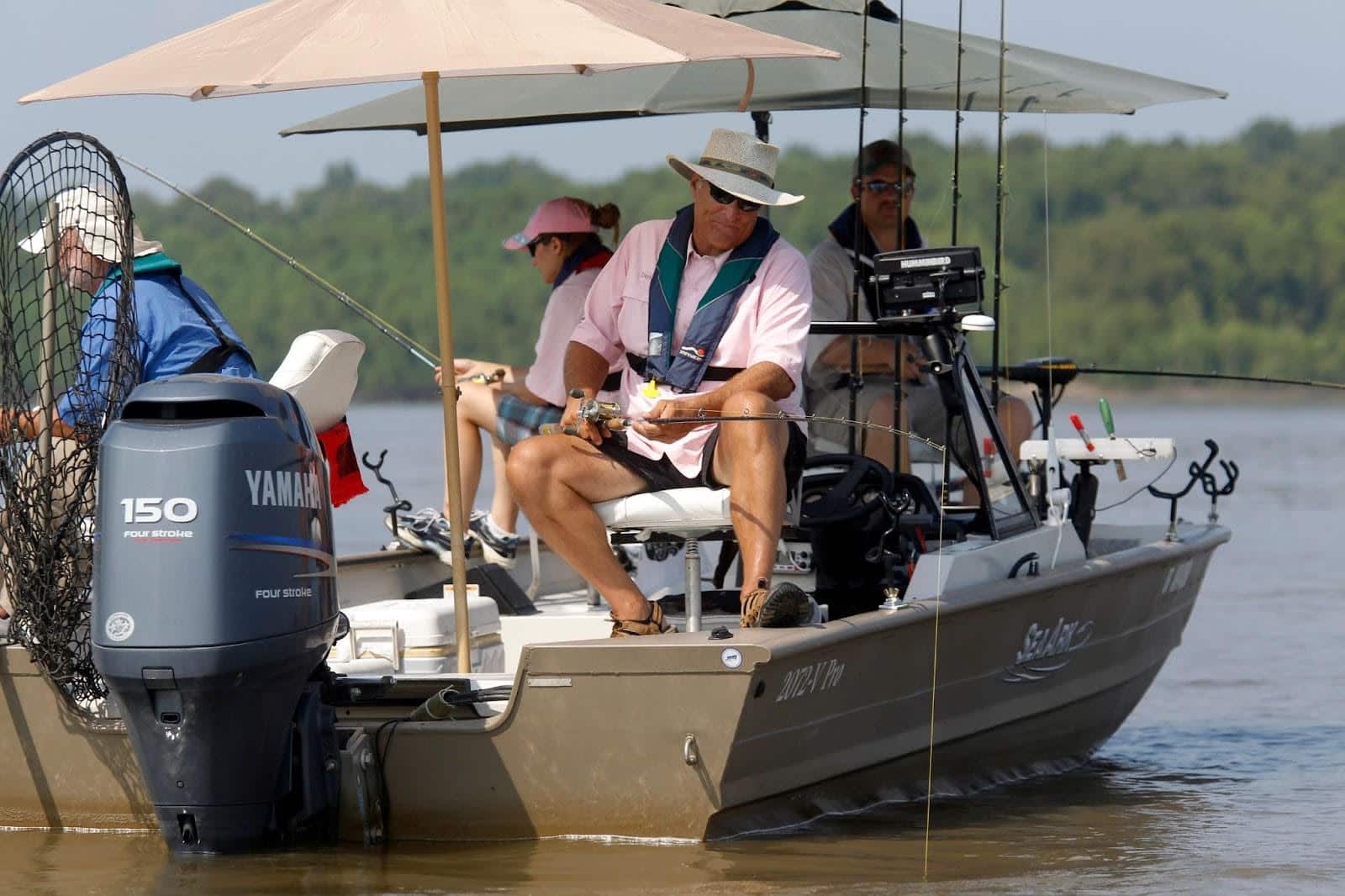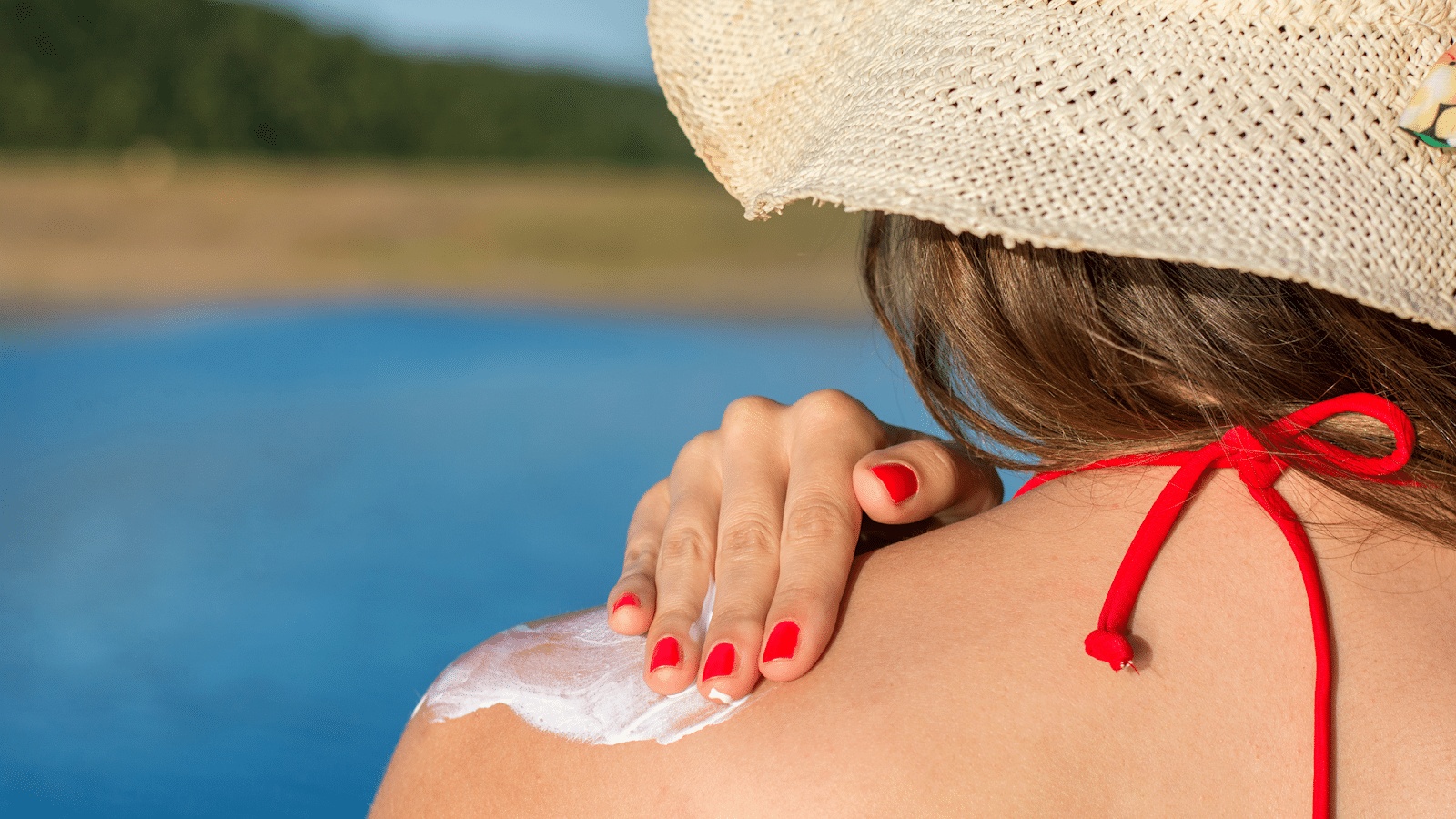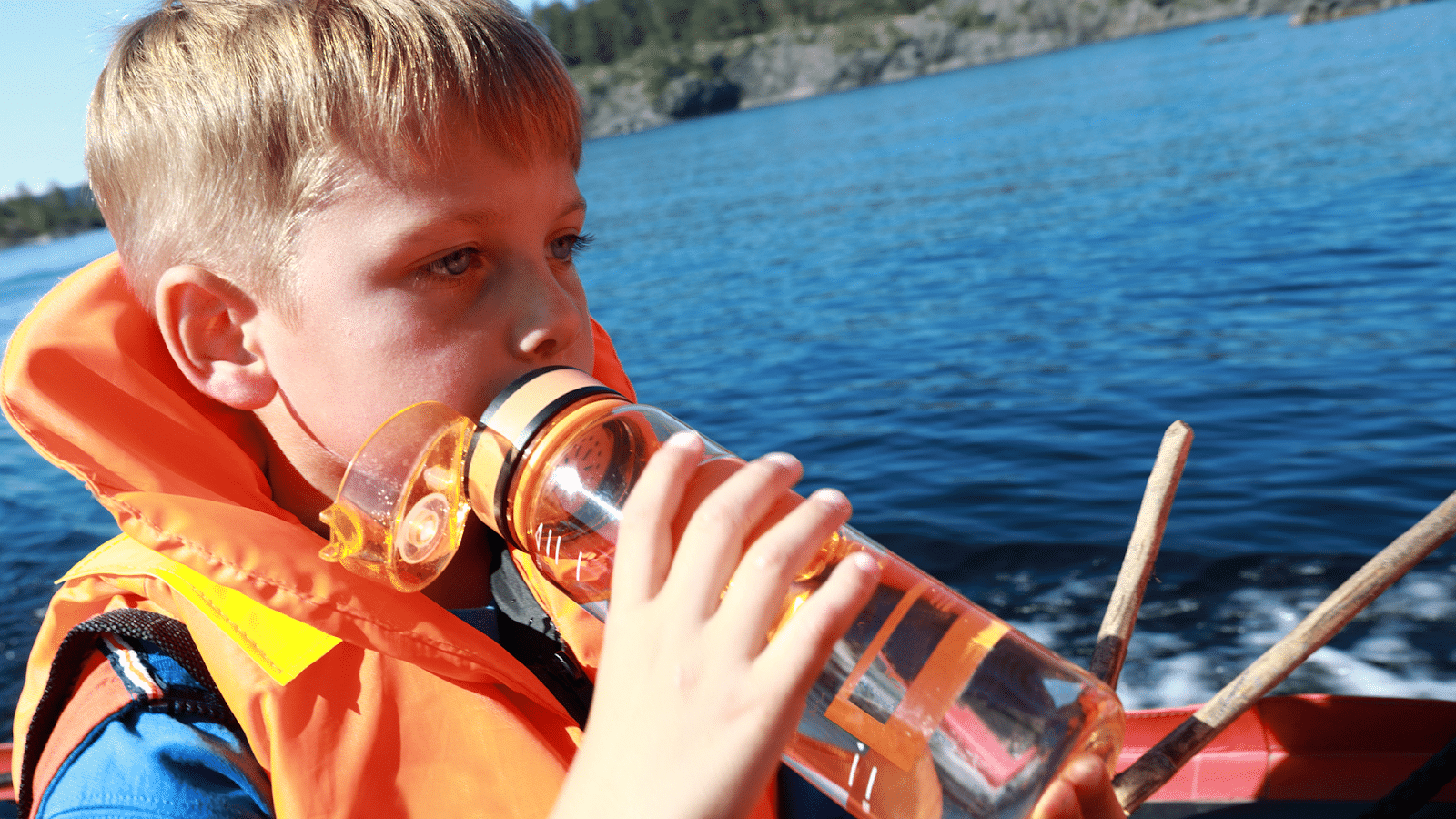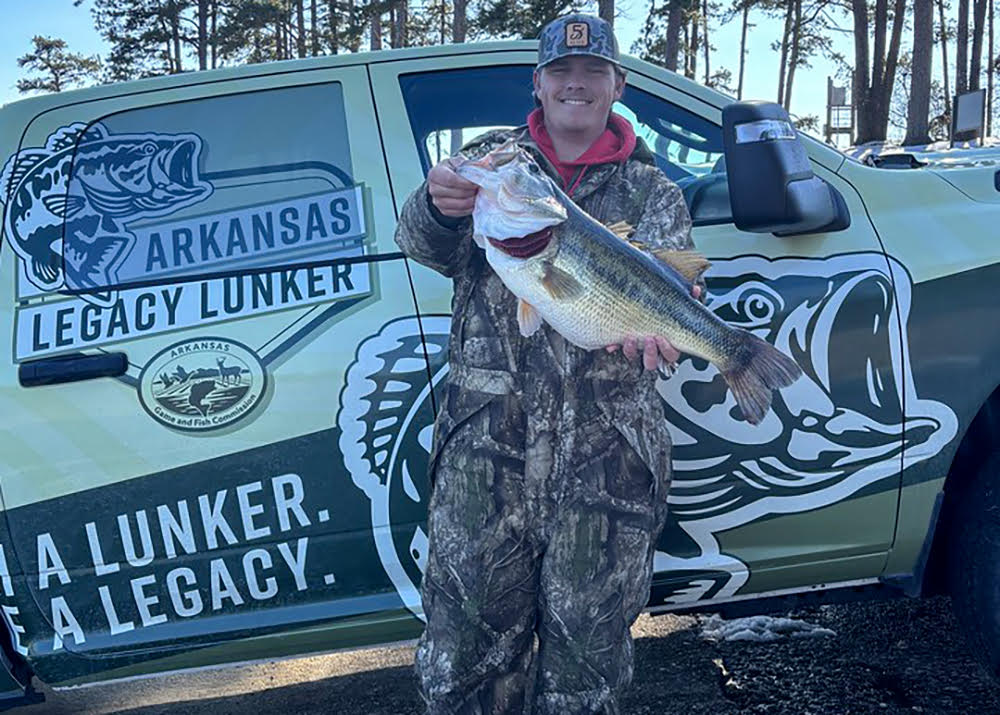Five hot tips for summer boaters and anglers from the AGFC
ON 07-25-2025

LITTLE ROCK – When the heat index pushes into the triple digits on a regular basis, many Arkansans pack up and head to the lake for a day on the water. Whether you’re catching fish or catching rays, the added stress and fatigue of the sun and waves can sneak up on you if you don’t come prepared.
Overexposure to the sun and indulging in too many alcoholic beverages top the list of dangers that can turn an otherwise relaxing trip to the lake into a nightmare. Each year, game wardens and other first responders are called to boat ramps and shorelines throughout the state in response to someone who’s had a little too much of either.
Dodge high noon
The simplest way to beat the heat is to avoid fishing and boating when the overhead sun is blazing down. Summer fishing is best during the first few hours of daylight and dusk, leaving a lot of time to bake in the sun between. Instead of slogging through a sweaty day on the water, get to the lake early and pack up for a nap on shore or at home once the sun is high. If you’re not an early bird, plan to be on the water an hour or two before sunset and enjoy that end of the fishing day. Just be sure your navigation lights work properly so you can make your way back to the ramp safely if the fishing picks up and you stay out a bit later than planned.

Screen time
Most people remember running around during the heat of summer in a bathing suit or T-shirt and shorts, catching that “healthy tan” as a side effect of a day on the lake. Now, we know better. Not only can too much sun cause a nasty sunburn, but it can also cause long-term damage to the skin and even skin cancer.
Pay attention to a product’s sun protection factor. The higher the SPF number, the longer it lasts, but it isn’t a direct correlation to time. The number indicates the amount of shielding from UV radiation. An SPF of 30 allows 1/30th of the sun’s radiation through, meaning it would take 30 times longer to receive the same effects as unprotected skin.
The highest SPF in the world won’t work if it washes off. Even water-resistant sunscreens won’t last long if your skin stays damp from sweat or swimming. Make it a point to reapply every two hours, whether you think you need it or not.
Chase the shade
Stay in the shadows if you want to keep cool. Surfaces exposed to direct sunlight can reach well beyond the ambient temperature. That hot vinyl boat seat can even cause some first- and second-degree burns if you plop exposed skin down on it after allowing it to preheat in direct sunlight. Not only does shade protect from sunburn, but it also prevents those surfaces from absorbing and holding heat.
Some rivers and lakes have backwaters where you can find some overhanging trees for shade, but most fishing action is going to be out deeper, where you’re in the open. A sunbrella, canopy or bimini top on the boat offers shelter, and placing a towel or T-shirt over any hot surfaces you’re likely to sit or stand on can go a long way to cooling those scalding surfaces.
Cover up
Tank tops and cotton T-shirts may feel comfortable for short stays in the sun, but covering up with thin, long-sleeved clothes offers more protection for long days on the water.
Light-colored, lightweight fabrics can block some UV rays, and lightweight facemasks, hoods and gloves help cover more surface area of your skin. A wide-brimmed hat in place of the usual baseball cap also helps provide more shade around your ears, neck and shoulders to reduce exposure to the sun.
Just like with sunscreen, most clothes made for outdoor activity have labels offering their SPF value. Ultraviolet rays can still penetrate through fabrics, so you still must be mindful of the time spent in direct sunlight.

Water, water everywhere
Sun not only stings the skin, it saps your body of moisture. Sugary or carbonated drinks can magnify the drying effect of UV rays. According to the Centers for Disease Control and Prevention, try to drink a cup (8 ounces) of water every 20 minutes or so, but don’t drink more than one-and-a-half quarts (48 ounces) of water each hour. Guzzling too much water all at once can be just as harmful as not having enough. Drink slowly throughout the day, even if you don’t feel thirsty.
It’s best to stick to plain water, without flavor enhancers, electrolyte boosters or other additions when out in extreme heat. These products are meant to rehydrate quickly after you’ve already depleted your system of water through rigorous exercise. When fishing or conducting lower-intensity activities, water works best and your body won’t need those extra salts and sugars packed into hydration additives.
Alcohol also isn’t the answer for rehydrating. A cold beer or alcoholic beverage may seem refreshing, but the alcohol actually works against your body’s ability to absorb water into the cells that need it.
Aside from contributing to dehydration, alcohol impairs judgment and can cause very dangerous situations for boaters and their passengers. The effects of alcohol are more potent when out in the summer heat because of natural stress factors like the sun, wind and waves rocking the boat.
This summer, be safe. Take the simple steps that could save your life. Summer heat and alcohol are such mundane things that their dangers are easily overlooked. Bring plenty of water, wear sunscreen or protective clothing and pay attention to what your body is telling you. If you decide to drink, be aware of the added effects of the sun and don’t operate the boat. A designated driver is just as important on a boat as he or she is in a car.
Prepare for the plunge
OK, we said there would be five tips, but a boating safety story isn’t complete without a mention to wear a properly fitting U.S. Coast Guard-approved life jacket when enjoying Arkansas waters. A quick dip can be just the ticket to cool off on a hot day, but it’s always best to wear a life jacket, even if you’re a good swimmer. Three of the most recent boating fatalities in Arkansas occurred when a boater jumped overboard to swim and didn’t bring their life jacket. Let the life jacket do its job and keep you at the surface while you take that cooling swim. Arkansas law requires each boat to have a life jacket onboard and within reach for each person in the vessel, but they don’t work if you don’t wear them. The AGFC wants everyone to enjoy the water this summer, and we want everyone to make it home safely to share the experience with friends.
Visit www.agfc.com/boatered for more information on boating safety in Arkansas.
###
CUTLINES
UMBRELLA FISHING
Bring your own shade if you know you’ll be fishing in the open. AGFC photo by Mike Wintroath.
SUNSCREEN
Apply sunscreen at least every two hours to fend off harmful UV rays. Bigstock photo.
DRINKING WATER
Stay hydrated by drinking water instead of sugary or carbonated drinks. Bigstock photo.
Recent News
Subscribe to Our Weekly Newsletter E-mails
Don’t miss another issue. Sign up now to receive the AGFC Wildlife Weekly Newsletter in your mailbox every Wednesday afternoon (Waterfowl Reports are published weekly during waterfowl season and periodically outside the season). Fishing Reports arrive on Thursdays. Fill in the following fields and hit submit. Thanks, and welcome!


